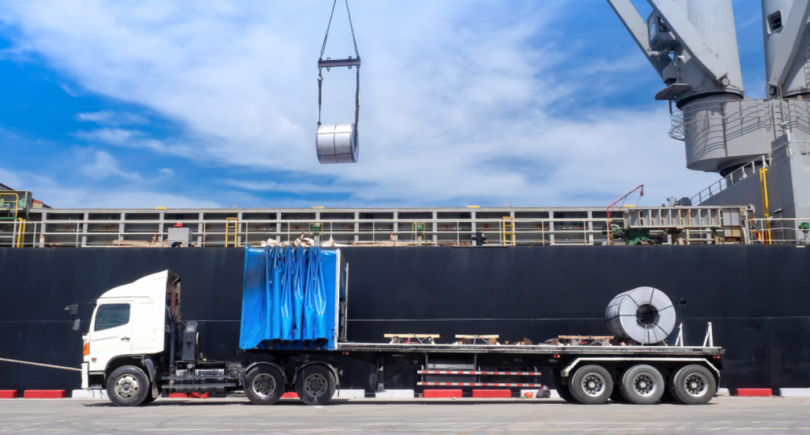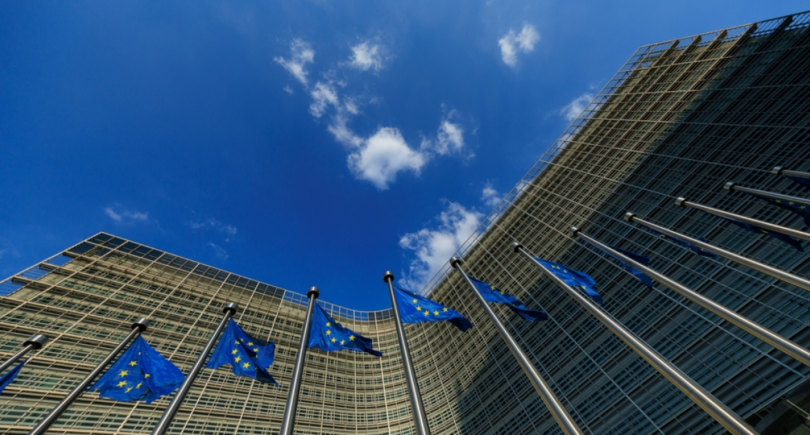
News Global Market CBAM 2809 09 February 2024
The country's business cannot receive appropriate consultations in connection with the implementation of the mechanism
The European carbon border adjustment mechanism (CBAM) is creating difficulties for industry, small and medium-sized companies, particularly in Germany. This opinion was expressed by industry observer Andreas Schneider of Stahlmarkt Consult.
In August 2023, the European Commission published the CBAM Implementing Regulation on the rules to be followed during the transition period. According to Schneider, the 102-page document is full of legal and technical terms that most companies have never heard of. The expert points out that the new obligations are a burden, especially for small businesses with limited legal staff.
The reviewer also pointed out the shortcomings in the process that are specific to Germany. The CBAM report must be submitted through a special register, which companies can only access through the responsible national authority. While most EU member states named such a body at the beginning of the fourth quarter, the announcement for Germany was made two days before Christmas, and it only reached companies in January. This meant that businesses had less than a month to register and familiarize themselves with the new system.
In addition, Andreas Schneider notes that, contrary to expectations, the contract was not signed with a body of the Ministry of Economy or Customs, but with the German Emissions Trading Authority (DEHSt), which is subordinated to the Federal Environment Agency.
Entering the required data does not occur without errors or problems. And the «national CBAM support service» – DEHSt – is unable to provide the answers companies need, the expert notes.
As GMK Center reported earlier, the regulatory framework of CBAM and safeguard measures on steel imports are hampering the daily operations of Italian and European steel companies. This position was expressed by the Italian Assofermet. Problems with completing CBAM reports, the economic impact expected from the mechanism starting in 2026, and European safeguard measures in place since 2018 are a concern for many members of the association.




